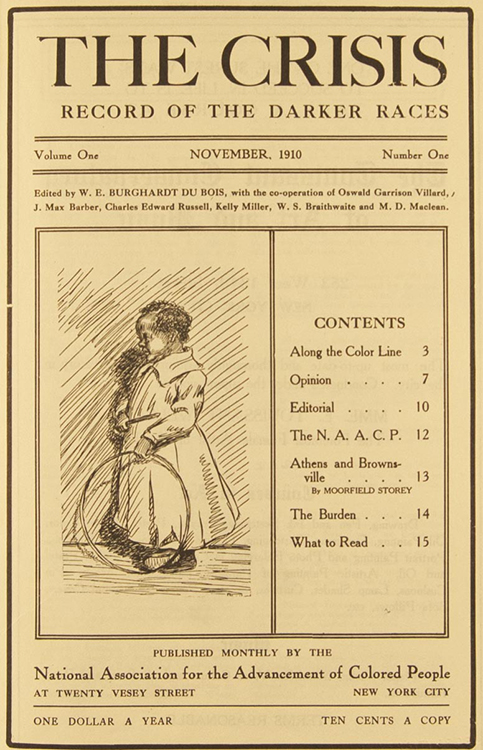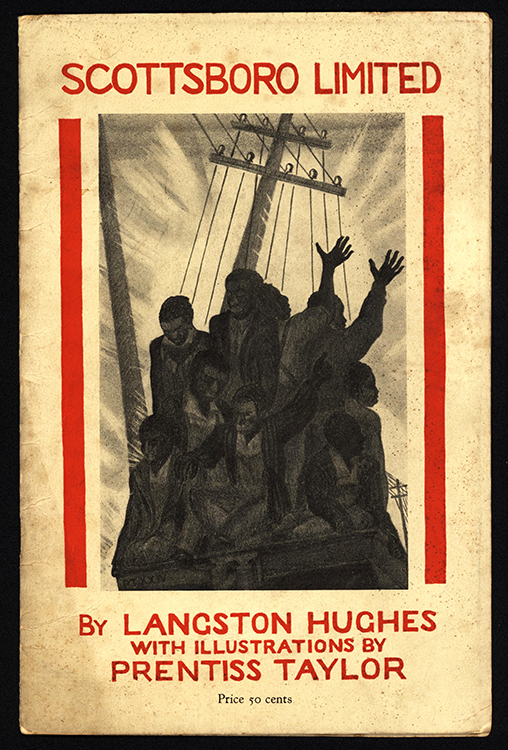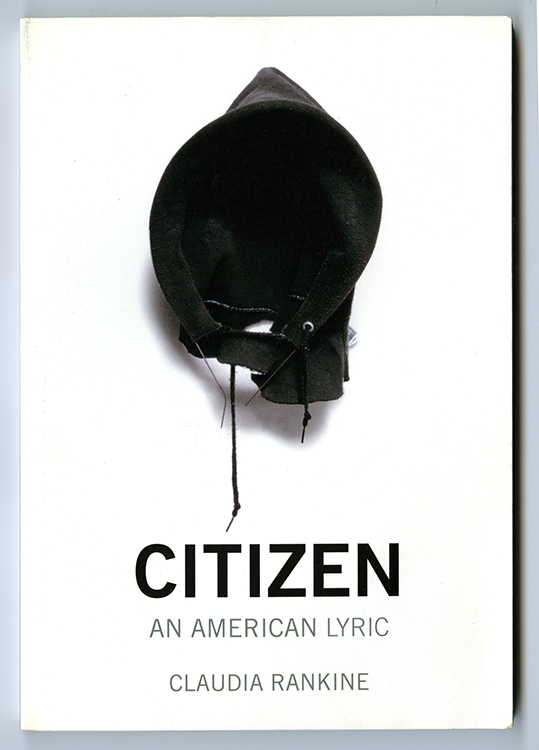African American poets have added their voices—and often their bodies—to the struggle for freedom and racial justice. As poet Kevin Young observes in the introduction to the Lift Every Voice reader, “for African Americans, the very act of composing poetry proved a form of protest.” What forms and voices does Black protest poetry take on? How does it enrich and complicate our understanding of American ideals of freedom and self-determination?
William Wells Brown (ca. 1814–1884)
Born into slavery in Kentucky, Brown escaped to Ohio in 1834 at the age of 20. He settled in Boston, Massachusetts, where he worked for abolitionist causes and became a prolific writer. First published in 1848, The Anti-Slavery Harp contains 48 songs compiled by Brown. An additional 24 manuscript pages of lyrics have been appended by an unidentified compiler. One anonymous lyric intended to be sung to the tune of "America (My Country, 'Tis of Thee)" reads in part:
Sons of the Free! we call
On you, in field and hall,
To rise as one;
Your heaven-born rights maintain,
Nor let Oppression's chain
On human limbs remain;—
Speak! and 'tis done.
The Crisis
The Crisis, founded in 1910 by W. E. B. Du Bois, is the official publication of the National Association for the Advancement of Colored People (NAACP). The magazine's name was inspired by white abolitionist James Russell Lowell's 1844 poem, "The Present Crisis." Now a quarterly journal of politics, culture, civil rights and history, the magazine was a major literary outlet of the Harlem Renaissance. Jessie Redmon Fauset, the magazine’s literary editor from 1919 to 1926, introduced the work of poets such as Langston Hughes, Jean Toomer, Countee Cullen, Claude McKay, and Anne Spencer to a national audience.
Langston Hughes (1902–1967)
Hughes was a leading figure of the Harlem Renaissance, though the influence of his work extends far beyond that period. In addition to poetry, Hughes wrote eleven plays and numerous works of prose, including the well-known “Simple” stories. His early poetry was inflected with elements of blues and jazz music, and throughout his career his work focused on the experiences of working-class African Americans. Hughes' work was also informed by his extensive travels and by current events. In Scottsboro Limited, the poet responds to the case of nine African American youths unjustly convicted of raping two white women aboard a freight train in Alabama:
8 BLACK BOYS IN A SOUTHERN JAIL
WORLD, TURN PALE!
8 black boys and one white lie.
Is it much to die?
In early 1932, Hughes visited the prison where eight of the nine young men, those sentenced to death, were held. Their case eventually led to a landmark Supreme Court decision regarding the right to due process and is commonly cited as an example of a miscarriage of justice in the United States legal system.
Claudia Rankine (b. 1963)
Rankine is the author of several volumes of poetry, a chancellor of the Academy of American Poets, and Frederick Iseman Professor of Poetry at Yale University. Her popular 2014 collection Citizen combines poetry, prose, and visual images to reflect upon the cumulative effect of everyday microaggressions and appalling acts of racist violence that punctuate 21st-century American life:
You sit down, you sigh. You stand up, you sigh. The sighing is a worrying exhale of an ache. You wouldn't call it an illness; still it is not the iteration of a free being.
The second-person address positions "you," the reader, as a participant in shifting encounters between the "historical self" and the "self self." It implicates all Americans in the continuing struggle for freedom. Citizen is the winner of the National Book Critics Circle Award in Poetry, the Forward Prize for Best Collection, the Hurston/Wright Legacy Award in Poetry, and the PEN Open Book Award.





